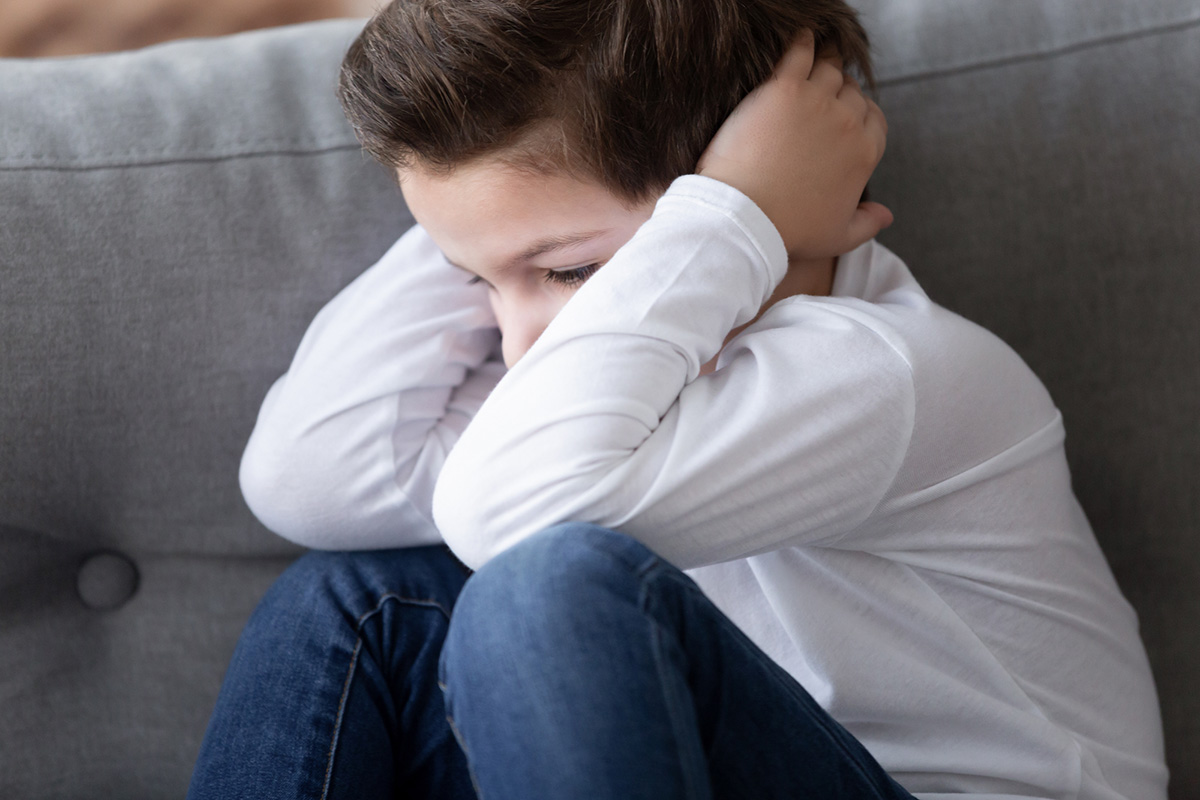Helping children cope with stress.
Helping children cope with stress is an important part of their growth and emotional well-being. At First Congregational Preschool in Meriden, CT, we recognize that children experience life’s challenges differently than adults. Even small changes can feel overwhelming to a child, and without the right support, those feelings may build up and affect their development.
Understanding Stress in Children
Any major change in a child’s life can bring stress. Events such as a parent’s divorce, the arrival of a new sibling, moving to a new home, or the loss of a loved one or pet can feel like big disruptions. More recently, the COVID-19 pandemic has been a major source of stress for children and families alike.
It is important to remember that not all stress can or should be avoided. Stressful situations can help children build resilience when they are guided through them with care and support.
Signs of Stress in Young Children
Because young children cannot always explain how they feel, stress often shows up in physical or behavioral changes. Signs of stress may include:
- Loss of appetite
- Trouble sleeping or nightmares
- Frequent headaches or stomachaches
- Regressive behaviors like thumb-sucking or bedwetting
When these signs are noticed, they should be taken seriously. By recognizing them early, adults can provide the comfort and reassurance children need.
Helping Children Cope with Stress Through Play
Play is one of the most natural ways children process emotions. For instance, a child coping with divorce may use dolls or toys to act out conversations they do not fully understand. This kind of play should not be discouraged. It is a healthy way for children to make sense of their world.
At First Congregational Preschool, play is a core part of our curriculum because it allows children to explore feelings in a safe and supportive setting. Learn more about our curriculum and how play supports learning.
Helping Children Cope with Stress at Home
Adults play a crucial role in helping children cope with stress. A supportive environment makes it easier for children to express their emotions. However, when adults say “It’s okay” or “Don’t worry,” children may feel that their emotions are being dismissed. Instead, using statements like “I can see you are upset, and I want to help you” validates their feelings while offering comfort.
An atmosphere of safety and acceptance allows children to feel understood and supported. This foundation not only reduces stress but also helps build confidence.
Helping Children Cope with Stress by Building Supportive Environments
Helping children cope with stress is not about eliminating challenges but about guiding them through difficult moments with empathy and patience. By listening, acknowledging feelings, and encouraging healthy coping strategies like play, parents and caregivers can make a lasting difference.
At First Congregational Preschool, we focus on nurturing children’s emotional well-being alongside their academic growth. For additional tips on child development and wellbeing, visit our blog page.
If you’d like to read more about stress and children, the CDC’s guide on childhood stress and Child Mind Institute offer excellent resources.


Leave a Reply